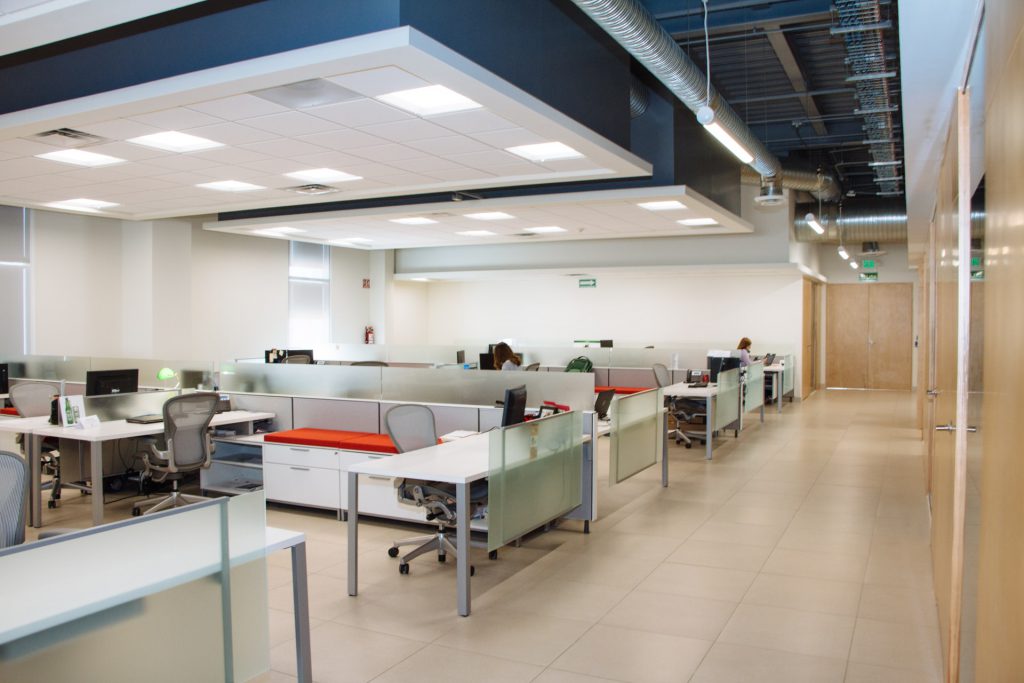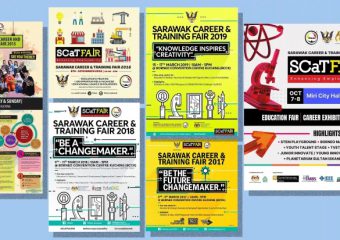Being chronically bored can be as dangerous as being burned out at work. Photo by Nubelson Fernandes on Unsplash
Being bored at work is nothing unusual. In fact, if we know how to make use of it, boredom can improve our creativity, productivity and mental well-being.
But what if we find ourselves constantly feeling disengaged with our job, to a point where we no longer see any meaning in doing what we set out to do professionally? Chances are, we are experiencing chronic boredom or boreout.
First coined by Swiss business consultants Peter R. Werder and Philippe Rothlin in their book Diagnose Boreout in 2007, the term came into the spotlight in 2016 when a French worker sued his former employer for leaving him to perform menial tasks that had nothing to do with his actual job.
The consequences of suffering from boreout is as detrimental as the more recognised burnout; several studies have linked this syndrome to depression, stress, anxiety and even physical ailments including insomnia and headaches.

However, while burnout is usually due to factors such as long working hours, being overworked and having work-life imbalance, boreout is the result of being intellectually under-stimulated under circumstances that include:
- Repetitive and easy job tasks and responsibilities, compounded by the absence of new and challenging ones
- Demoralising work environment; for some, being in a workplace that don’t allow them to interact with their colleagues can be demotivating
- Being over-qualified for the job, i.e. not being able to make full use of the knowledge and skills in one’s current positions
Essentially, workers who are chronically bored are most likely to perceive their work experience as meaningless and lacking purpose. German experts told BBC Worklife that boreout can be characterised in three major aspects: “being terribly bored, having a crisis of growth and having a crisis of meaning”.
This in turn can affect an organisation’s productivity. A 2014 study on 11,000 workers at over 80 organisations in Finland found that constant job boredom “increased the likelihood of employees’ turnover and early retirement intentions, poor self-rated health, poor workability, and stress symptoms.”
Tackling Boreout
As people are becoming more aware of the organisational, professional and personal impact of workplace challenges such presenteeism, work-life balance and burnout, there is a need to give equal attention to chronic boredom.
The problem, however, is that some workers may be too accustomed to leading such unsatisfactory professional life that by the time they realise they are experiencing boreout, it won’t be easy to overcome it.

“Boreout is different from burnout in the sense that bored-out employees rarely collapse out of exhaustion.
“Bored-out people may be present physically but not in spirit, and people can keep doing this for a good while,” says Lotta Harju as quoted by BBC Worklife, whose research in work and organisational psychology include subjects on engagement, burnout and boredom at work.
And even when they are aware that they are chronically bored at work, some employees may be hesitant to raise the matter to their employer out of fear that their problem of struggling to build interest and motivation in their job might not be taken seriously.
Therefore, until employers begin to pay greater attention to this workplace matter, workers are left to their own devices to tackle boreout.
So what can we do in such situation? Discussing the matter on Women’s Health, Specialist Nurse Adviser at Bupa UK Fatmata Kamara suggests some ways to overcome boreout.
These include taking on new challenges; prioritising work-life balance; finding purpose and motivation at work; and speaking to others about it, whether loved ones or a doctor or psychologist who can help us understand the syndrome and the cause behind it.
The very first step, however, is identifying the signs, which in itself is tricky considering that they are almost the same as burnout.
According to EDHEC Business School, some signs of boreout include psychological ones – irritability, anxiety, social withdrawal, symptoms associated with depression – as well as physical ones – frequent headaches, insomnia, weakened immune system and increased chronic health concerns.

Read more:
What You Should Know About Burnout




